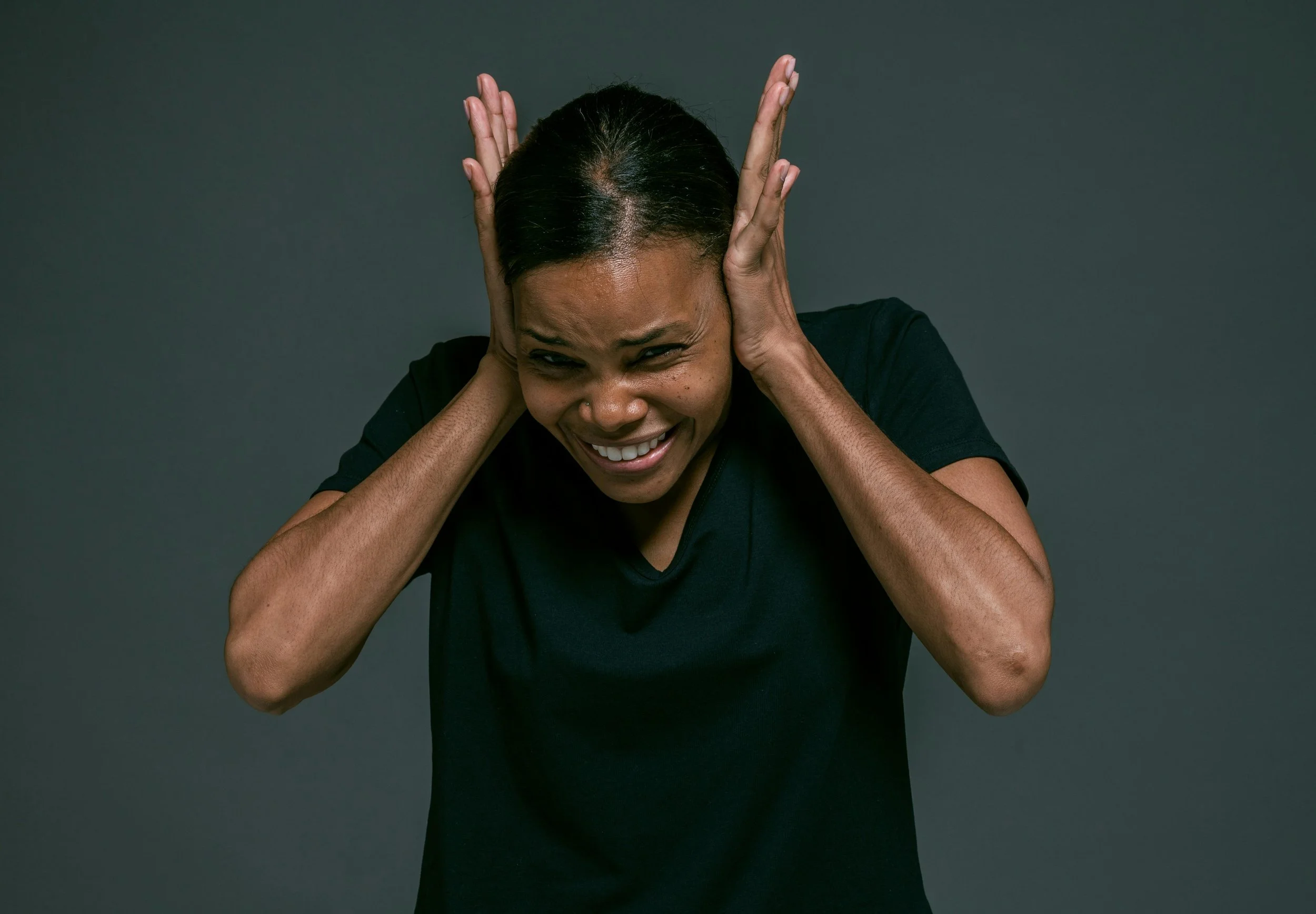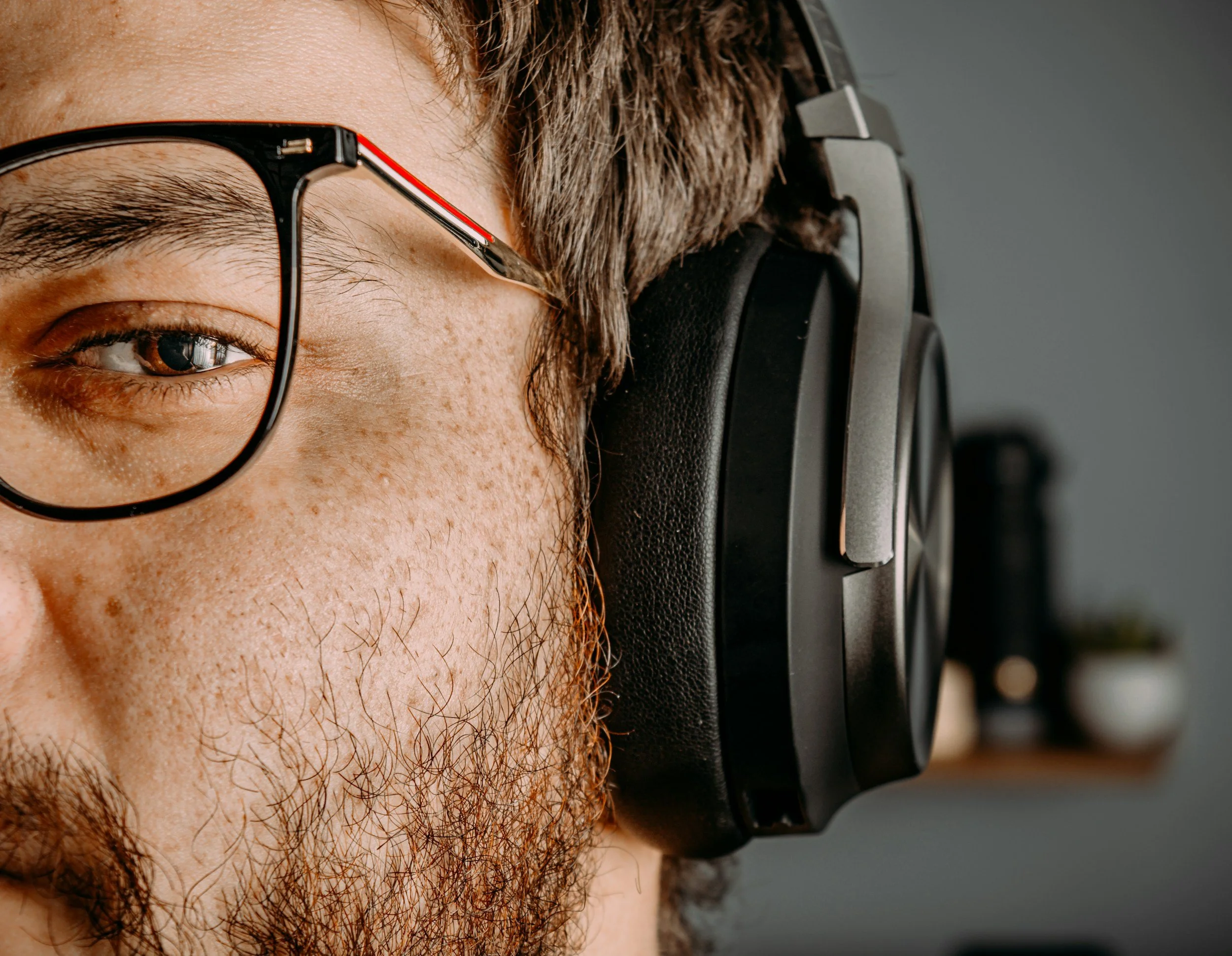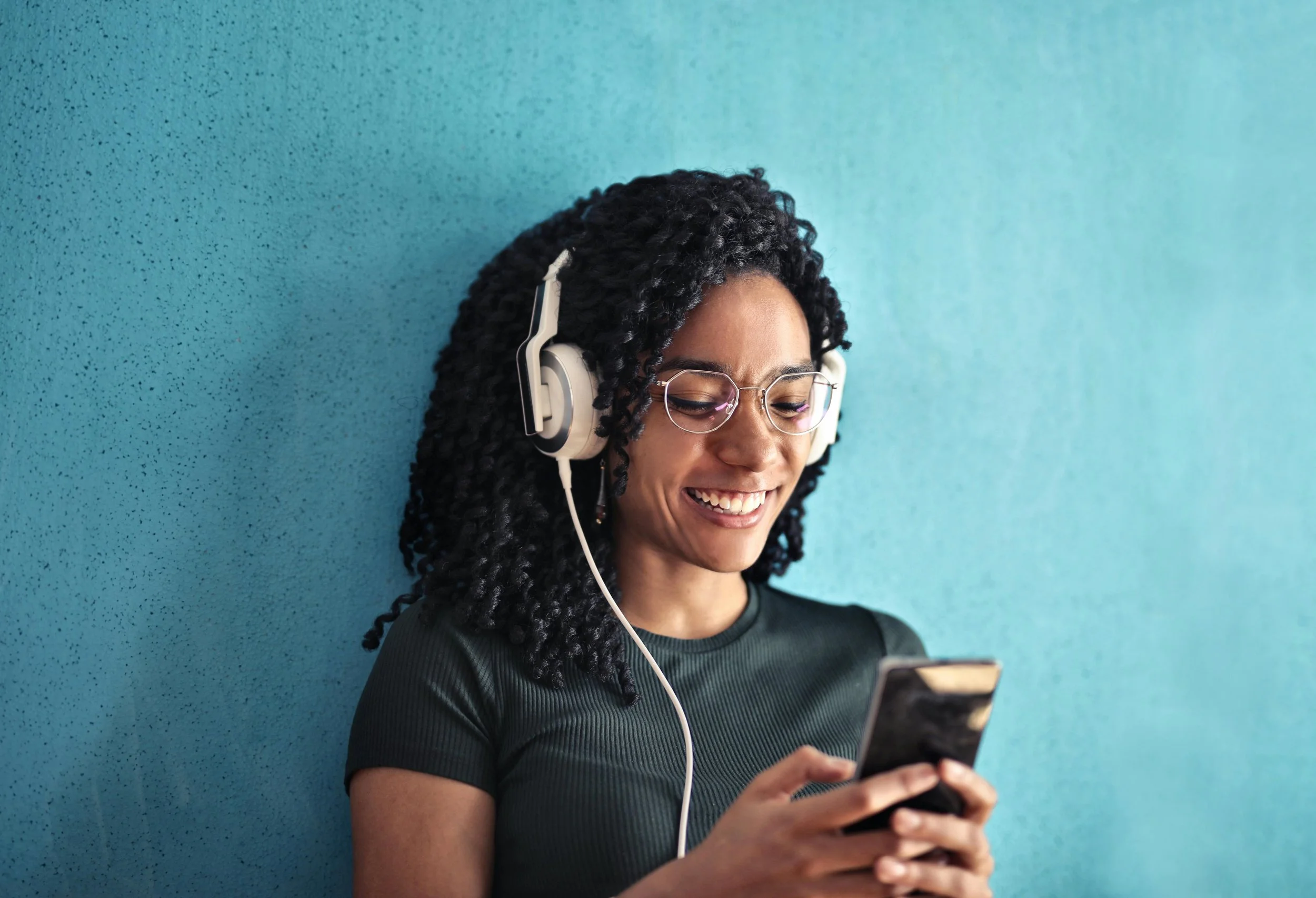Why I Don’t Use Binaural Beats from Free Online Platforms

At Audicin we have long called it the ‘Wild Wild West’ - the thousands of so-called ‘binaural beat’ tracks you can find online.
We always knew there was a huge question mark over their validity, that their safety was unproven, but a new independent academic science study has put them to the test. The results have shocked me.
It is all I can think about this morning as I write this blog. I am angry and upset. People turn to these tracks for help, and in most cases what do they get ? Deception.
You need to know these numbers before making any decisions about what you listen to for your health.

Searching online, you’ll quickly find thousands of “binaural beats” on YouTube, Spotify, and other free platforms. They often claim to improve sleep, focus, or mood in minutes.
But here’s the truth: most of these tracks are unsafe, ineffective, or outright fake.
At best, they will fail to achieve your goal. At worst, they could actually harm your brain and body.
If you care about your performance abilities, sleep quality, and overall brain health and wellbeing, it’s vital to understand the dangers of free binaural beats and why only scientifically-verified audio should be trusted.
The 3 Hidden Risks of “Free” Binaural Beats
1. Performance Damage
Not all binaural beats are created equal. In fact, unrefined or poorly produced binaural beats can do the opposite of what you want.
A study in Psychological Research (Garcia-Argubay et al., 2019) and one in Scientific Reports (Klichowski et al., 2023) found that stripped back binaural beats impair memory and task performance. Instead of helping you focus, they can actually slow your brain down.
You can hear for yourself (I advise only briefly!). Here is the link to the unrefined binaural beats used in the Klichowski et al. (2023) study. The file is hosted at OSF, a safe global online repository for open source scientific data files https://osf.io/vyj8e
2. Increased Physiological Stress
Far from relaxing you, low-quality brainwave entrainment audio can put your body under stress.
A Frontiers in Human Neuroscience paper (Beauchene et al., 2016) showed that unstable or mismatched auditory frequencies increased heart rate and cortisol levels - markers of physiological stress.
This means the wrong beats don’t just fail to calm you; they can leave you feeling restless, anxious, and drained.
3. Rampant Deception
The biggest issue for me is that most online “binaural beats” aren’t even real.
A 2025 large-scale review analyzed over 7,000 tracks from both free and paid platforms (Arunasalam et al., 2025). Their findings were shocking:
- 70% to 92.5% of binaural beat tracks were deceptive.
- Many contained no binaural beats at all.
- Others used the wrong frequencies, delivering at worse the opposite of the promised effect.
- Countless tracks relied on false claims, such as “instant meditation” or “overnight IQ boost.”
Let’s be clear. This isn’t just misleading - it’s dangerous. Fake binaural beats can trick people into wasting time and potentially harming their mental and physical health and wellbeing.

Why Audicin Is Different
At Audicin, we’ve built our platform around one principle: your brain and body health matter.
Here’s how we ensure safe, effective, and authentic results:
✅ Verified by Experts – Our sound design is reviewed by audio engineers, medical professionals, and neuroscientists.
Our medical board includes:
- Dr. Hannu Kinnunen, PhD - Hannu Kinnunen was the Chief Scientist at Oura, the most advanced wearable sleep and recovery monitor in the world. With a long career at Polar, Hannu was responsible for the physiological algorithms used in Polar products. Hannu is credited in dozens of patents and scientific articles in the field of heart rate-based signal processing, biosignal detection, and the analysis of activity, training, recovery and sleep
- Dr. Jenni Hyysalo, MD, PhD. After seven years of combined medical studies and PhD research, Dr. Jenni graduated as a medical doctor in 2016 and defended her thesis in 2017. Certified in Integrative Medicine, which combines evidence-based therapies and lifestyle changes to treat and heal the whole person.
- Joel Naukkarinen, MD - Professional Rower, Medical Doctor and Neuroscience Researcher. Indoor World Champion, 10x medalist and WR holder. World Coastal Beach Sprint medalist.
✅ Evidence-Based – Every frequency and composition is backed by over 30 years of peer-reviewed research on brainwave entrainment. We have studied Audicin in labs and workplaces around the world for over 3 years.
✅ No Deception – We don’t use fake soundtracks, false claims, or untested theories. We create every Audicin song from the very first note and engineer the binaural beat technology by hand to ensure precision and care.
All of us on the Audicin team recommend our product to our loved ones. Because we trust it 100%
✅ Open to Scrutiny – Our audio can be independently verified by any third-party laboratory or researcher.
Audicin delivers genuine binaural beats that are created by us in the lab to be safe, precise, and science-backed - so you can enjoy better sleep, deeper focus, and reduced stress with confidence.

Summary
Free binaural beats online may seem tempting, but the risks are real: damaged performance, increased stress, and outright scams.
When it comes to your mental and physical wellbeing, you deserve safe, scientifically verified audio - not empty promises.
With Audicin, you can trust that what you hear is authentic, research-driven, and created with one purpose: to help you thrive.
Science References:
Arunasalam, S., Chen, A., Lam, J., & Wilson, S. (2025). Deceptive sound therapy on online platforms: Do mental wellbeing tracks conform to user expectations? In Proceedings of the 19th International AAAI Conference on Web and Social Media (ICWSM 2025). Association for the Advancement of Artificial Intelligence.
Beauchene, C., Abaid, N., Moran, R., Diana, R. A., & Leonessa, A. (2016). The effect of binaural beats on visuospatial working memory and cortical connectivity. Frontiers in Human Neuroscience, 10, 536.
Garcia-Argibay, M., Santed, M. A., & Reales, J. M. (2019). Binaural auditory beats affect long-term memory. Psychological Research, 83 (6), 1124–1136. (E-pub online December 8, 2017; DOI:10.1007/s00426-017-0959-2)
Klichowski, M., Wicher, A., Kruszwicka, A., & Golebiewski, R. (2023). Reverse effect of home-use binaural beats brain stimulation. Scientific Reports, 13(1), 11079. https://doi.org/10.1038/s41598-023-38313-4
